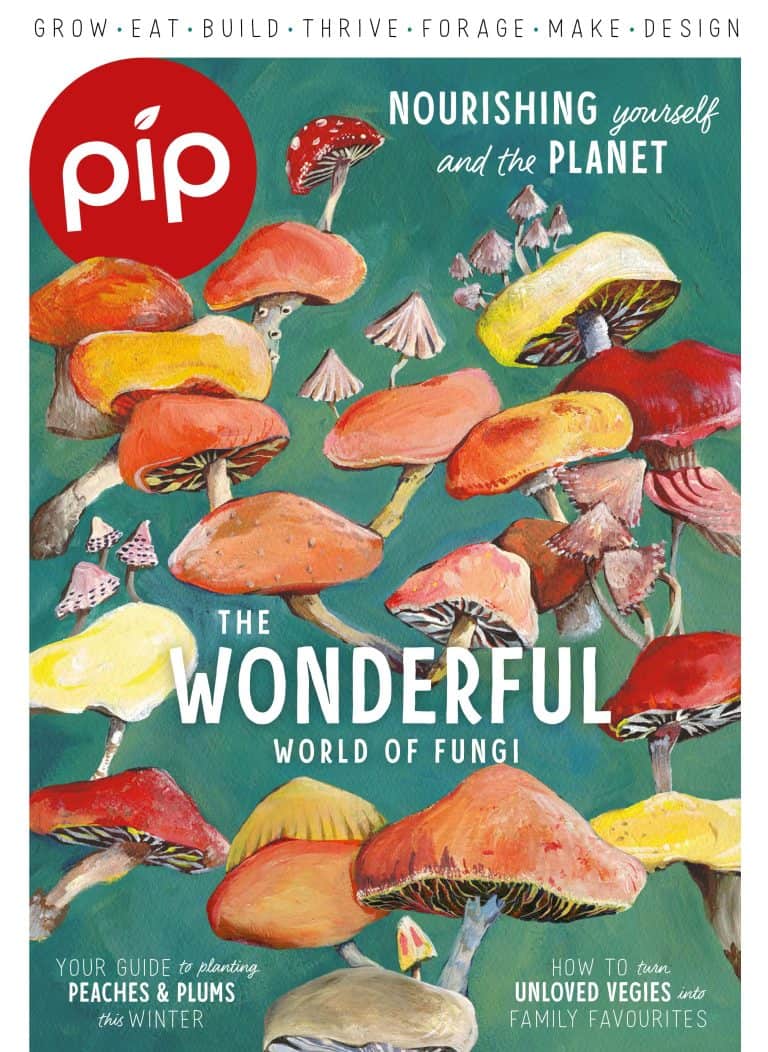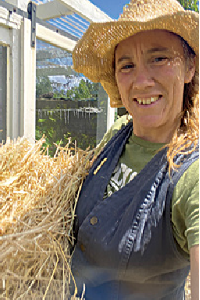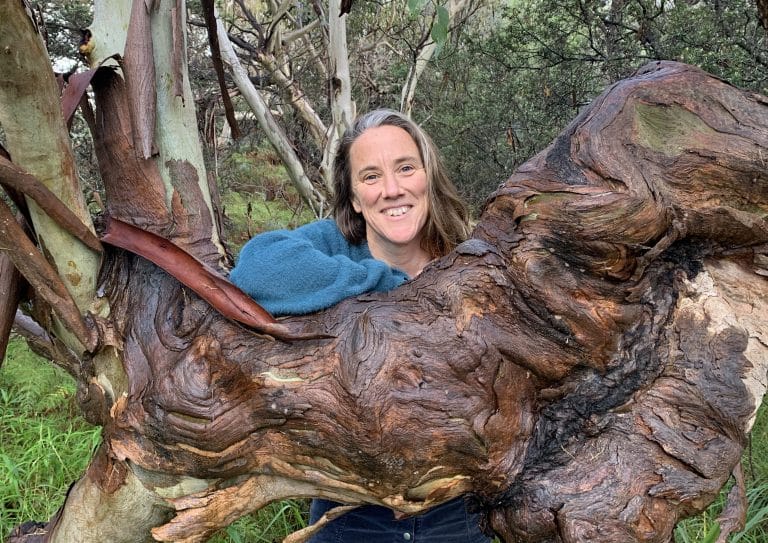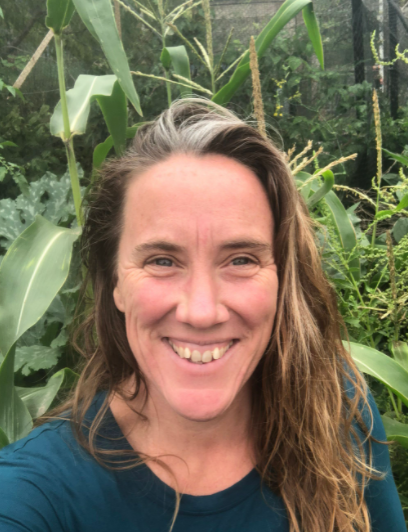EDITORIAL

Welcome to another issue of Pip. I am coming into my tenth year of publishing this terrific title. When I started Pip, my youngest child was a baby, we were living in our shed, building our house and I had a crazy idea to start a magazine.
I started this because I saw a gap in the market for a beautiful well-designed magazine that was both informative and inspiring, and covered all the different aspects of living a more earth-friendly lifestyle. I didn’t want it to be just another gardening magazine, nor did I want it to be a old-fashioned alternative-living magazine, I wanted it to be stylish and attractive and inviting to read. I wanted it to be full of lots of practical information that would not only inspire readers to live a more sustainable life, but also give them the skills and confidence to have a go.




